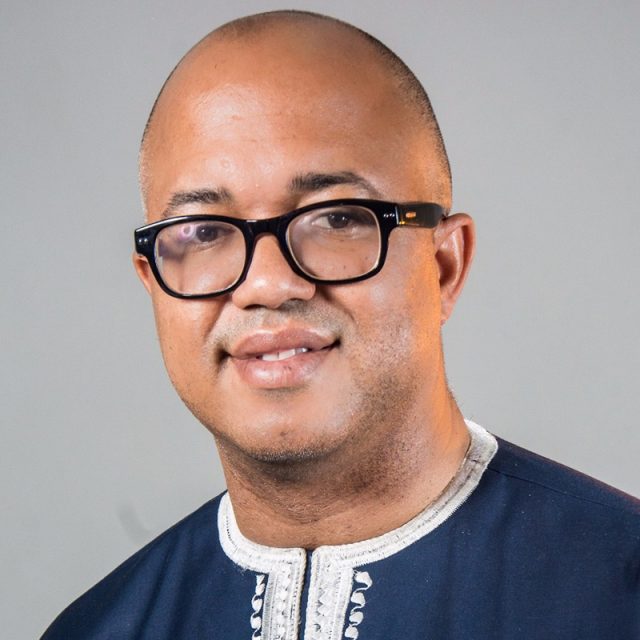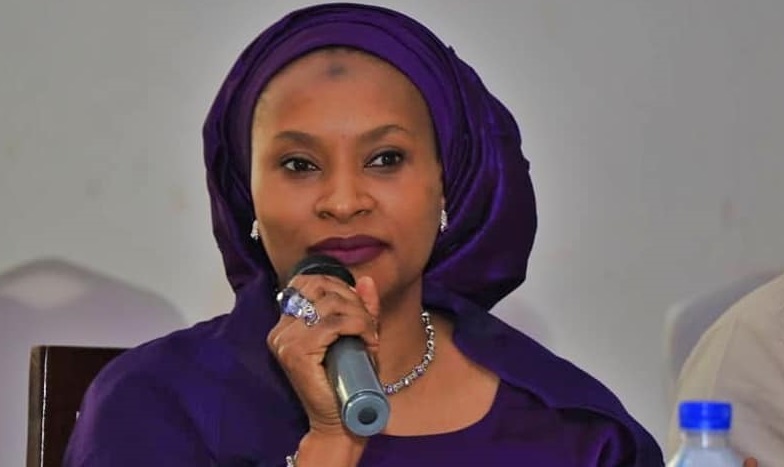In 2016, when I took over the leadership of the Nigeria Centre for Disease Control (NCDC) as Director General, our vision at the time was to strengthen the capacity of the agency to prevent, detect and respond to outbreaks of infectious diseases and other public health threats. Over the last three years, we have worked hard in actualising this vision. As the year 2019 ends, we reflect on the journey so far and priorities for the coming year.
National public health institutes are the natural home for the coordination of surveillance and epidemiology, public health laboratory services, emergency preparedness and response, workforce development, public health research and health promotion. This is what we have tried to build at NCDC, since our establishment in 2011 and the passage of our Act in December 2018.
The first challenge we confronted was how to measure the problems, as one can only manage what we can measure. Arguably, the most important single contribution that public health makes to strengthening health systems is provision of relevant and scientifically valid epidemiologic data upon which to base decisions and policies affecting other aspects of the larger health system. In recognising this, we have begun the roll-out of a case-based digital surveillance tool called SORMAS. This has been completed in 13 States and our goal is that by the end of the first quarter of 2022, all States in Nigeria will be using SORMAS in the production of valid data for public health decision making. Since 2016, we have produced and published our weekly epidemiological report with data that is used globally and nationally to reference the work that we do.
We have been criticised a lot for sending our samples abroad for confirmation. Public health laboratories are essential for conducting laboratory-based surveillance of infectious diseases and for providing diagnostic services to confirm causes of outbreaks. Our National Reference Laboratory located in Gaduwa, Abuja, has the capacity for molecular diagnosis of Ebola, Lassa fever, yellow fever, measles, rubella, influenza, monkeypox and has developed its research capacity to test for multiple pathogens using the new multiplex bead assay technology. We are also building our capacity in other areas such as establishing and strengthening a network of public health reference laboratories across the country, defining minimum essential capabilities, improving biosafety processes and more.
Advertisement
One area where we cannot afford to fail is in our abilities to respond to outbreaks when needed. In 2019 alone, NCDC deployed 25 Rapid Response Teams to 14 States in Nigeria. Emergency preparedness and response is a critical aspect of the work we do. Assisting States to prepare for public health emergencies, including outbreaks of infectious diseases, is clearly an area of great importance for health security. We have invested in building a strong response structure at the national level and have begun to cascade this in States. Between April 2018 and December 2019, NCDC supported 22 States in Nigeria in establishing Public Health Emergency Operations Centres (EOCs). Our goal is to ensure that by mid-2020, all States in Nigeria have an EOC to coordinate emergency preparedness and response.
All projects, visions and strategies depend ultimately on the people tasked with delivery. The success of any health system depends on the availability of an appropriately trained, competent workforce. The Nigeria Field Epidemiology and Laboratory Training Programme (NFELTP) is one of the most important tools for building a skilled and capable public health workforce. We have continued to strengthen government’s ownership of the NFELTP. In 2019, the Government of Nigeria through the World Bank Regional Disease Surveillance Systems Enhancement (REDISSE) project is funding most of the cost of the current cohort of NFELTP. We continue to build the workforce needed to staff key national public health institutions, conduct the core functions of public health, and implement and manage critical health programs.
The Nigerian public health system needssolution- and action-oriented research.At NCDC, we have begun to implement research activities and contribute to solutions that will address current and emerging health challenges. Our laboratory served as the central laboratory for the National AIDS Indicator Survey (NAIIS) and since then, has been used as a resource for the prevalence studies of other pathogens such as Hepatitis. We began a project to test Lassa fever and monkeypox negative samples for other likely pathogens that may be circulating. We have established a consortium with the major Lassa fever treatment centres in Nigeria, that will lead on one of the largest epidemiological study ever carried out for the disease.
Advertisement
At NCDC, we recognise that we are not where we want to be yet, but the last few years have been about setting a strong foundation for health security in Nigeria.
In 2020, we will focus on our biggest area of work which is Strengthening States for Health Security. We intend to complete the deployment of SORMAS for case-based digital surveillance and Public Health Emergency Operations Centres in all States. We will support States in establishing Public Health Laboratories that will meet the basic diagnostic needs for each State. We will also support the strengthening of treatment centres so that every State in Nigeria has a place to manage infectious disease cases. Finally, our strategy will include strengthening the workforce for health security at the State level.
In conclusion, health security brings essential expertise to public health and overall, health system strengthening efforts. The Nigeria Centre for Disease Control remains committed to its mandate to protect the health of Nigerians and contribute to a stronger Nigeria.
Dr Ihekweazu is an infectious disease epidemiologist and director general of the Nigeria Centre for Disease Control.
Advertisement
Views expressed by contributors are strictly personal and not of TheCable.
Add a comment







